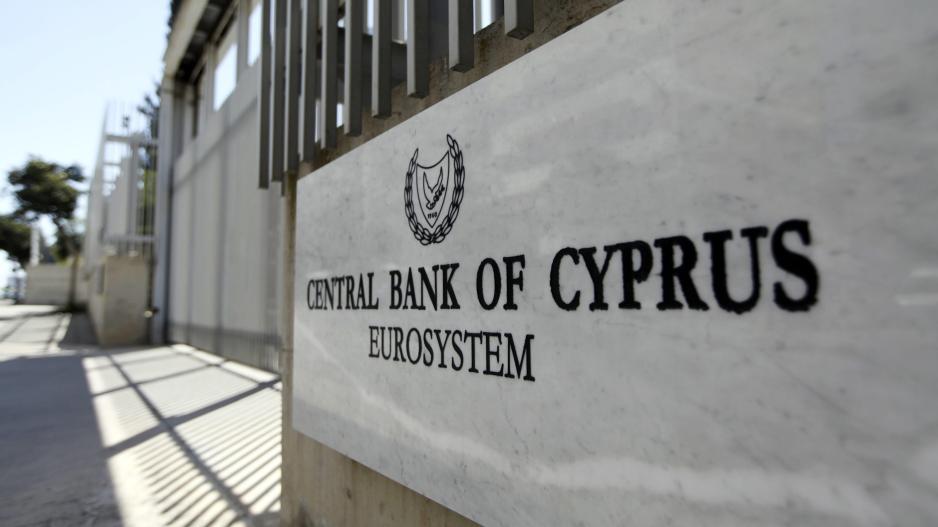The Central Bank of Cyprus to Scrutinize Upcoming Bank Mergers
The Seven Key Criteria for Bank Mergers
Upcoming mergers and acquisitions of Cypriot banks will be subject to scrutiny by the Central Bank of Cyprus.
According to a report by Brief, a bank planning to acquire a significant stake in another bank, specifically 10% or more of shares or voting rights, must inform the national supervisory authority. This authority will evaluate the proposal based on several criteria:
1. The buyer must have proven integrity and reliability, which means no criminal record or ongoing legal proceedings.
2. The buyer must possess professional competence, i.e., managerial or investment experience in the financial sector.
3. The buyer should be capable of assessing the suitability of the new members of the governing bodies.
4. The buyer must have the financial capacity to fund the proposed acquisition and maintain a robust financial structure, based on a credible business plan.
5. The purchasing bank should comply with prudential supervision requirements, ensuring that a part of the acquisition isn't primarily debt-financed.
6. The buyer's structure shouldn't be so complex that it hinders effective supervision by the relevant authorities.
7. The buyer must be able to verify that the funds involved are not linked to illegal activities or terrorism.

A banking source told Brief that "bank mergers often aim to reduce office and operational costs. In many instances, they are prompted by challenges in the financial sector and better crisis management."
Supervisory authorities evaluate the sustainability and viability of a merger or acquisition to ensure the resulting banking group can meet all prudential supervision requirements in the foreseeable future. This involves examining the business model of the resulting bank, checking if it has sufficient capital and liquidity levels, and if it can maintain them over time. Also, the authority assesses if the bank has strong governance with proper guidance and if it can generate profits.
It should be noted that mergers are governed not by European law but by national legislation. If a country's law grants powers to the national supervisory authority regarding this matter, the ECB exercises these powers when it comes to mergers of significant banks under its direct supervision.






